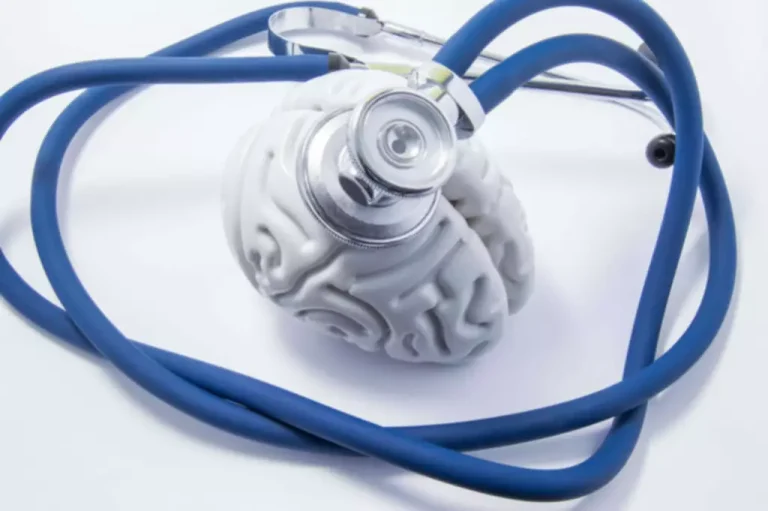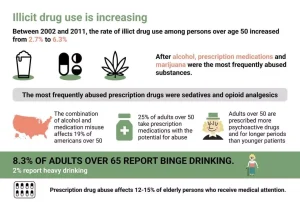Those products take at least 30 to 90 minutes to take effect because they must be digested and then processed through your liver, she explains. If you’re struggling with your relationship with alcohol, Koob recommends first evaluating your habits against the NIAAA’s 11 symptoms of alcohol use disorder. When you drink, try to have a meal or snack before having a cocktail or have a glass of wine with a meal, which will slow absorption of alcohol, Weaver says. And be sure to drink plenty of water or another non-alcoholic beverage—perhaps alternating these with alcoholic drinks—to help you stay hydrated. Cirrhosis can cause a host of other health problems, including high blood pressure, which can lead to the development of enlarged veins in the esophagus called esophageal varices. These are similar to the varicose veins that some people develop in their legs.
What’s behind the lower tolerance

Many enjoy a glass of wine or beer during dinner, believing that this little alcohol couldn’t possibly affect them. A new study is, however, warning that even one small drink per day can influence our health. Depending on the severity of their alcohol use, a person may experience withdrawal symptoms that begin within 6 hours after they stop drinking. Symptoms can be mild, such as headaches and palpitations, or severe, such as delirium tremens.
Sexual and reproductive health
Instantly check if your insurance covers treatment at The Recovery Village. As soon as you realize that you or a loved one may be edging too Do Alcoholics Drink Every Day close to alcohol dependency, you should seek medical help. A weakened immune system has a harder time protecting you from germs and viruses.
- Alcohol use disorder can still have a significant impact on a person’s life, even if they appear to be coping from the outside.
- With continued alcohol use, steatotic liver disease can lead to liver fibrosis.
- Alcoholism is a disease that slowly develops over time, not all at once.
- Since those effects don’t last long, you might not worry much about them, especially if you don’t drink often.
How to Cope When a Loved One Has Alcohol Use Disorder

Someone with alcohol use disorder may struggle to cut back on drinking or quit, either when trying to do so themselves or when asked by others to try. «People are interested in an experience that allows them to relax and enjoy themselves. Some are leaning into cannabis drinks as part of the ‘Cali sober’ trend,» says Dr. Gruber. “There are people who don’t want to drink, people who shouldn’t drink, there are people who can’t drink because of the effects that it has interacting with their meds,” Koob says. Sandwiches and snacks make a delicious addition to a beach day, but they’re also important when you’re drinking out in the sun. Dr. Stockwell admits that these numbers are averages, and some people could end up luckier than others. He also shot down any chatter about alcohol being okay or healthy, even in moderation.
What Are the Long-Term Effects of Alcohol on the Body?
- A person who suffers from alcoholism suffers from a medical, psychiatric, and emotional health condition that negatively affects almost all aspects of life.
- Drinking alcohol can lower your inhibitions, so you might assume alcohol can ramp up your fun in the bedroom.
- According to a drinking pattern test, Person A would be low-risk for developing a drinking disorder.
- “This can make people more prone to developing problems with coordination or balance,” increasing their risk of falls.
- Excessive (binge) drinking is defined as four or more drinks on a single occasion for women and five or more drinks on a single occasion for men.
Insurance May Cover The Cost of Alcohol Addiction Treatment
- Although there have been statements in the past asserting that moderate drinking can have some positive health benefits, the CDC now states that this may not be true.
- If you drink every day, or almost every day, you might notice that you catch colds, flu or other illnesses more frequently than people who don’t drink.
- Other ways to get help include talking with a mental health professional or seeking help from a support group such as Alcoholics Anonymous or a similar type of self-help group.
- Some of these effects, like a relaxed mood or lowered inhibitions, might show up quickly after just one drink.
- Alcohol is a central nervous system depressant that has immediate effects on the body, like intoxication (feeling drunk) and hangovers (unpleasant aftereffects from drinking).
- Binge drinking and heavy drinking can increase your risk of an alcohol use disorder.
